News and Events

A team of researchers at RPI, in collaboration with the University of South Florida, University of North Carolina, and The Neural Stem Cell Institute, have made a discovery that opens the door to new treatments for Alzheimer’s disease and other brain disorders.
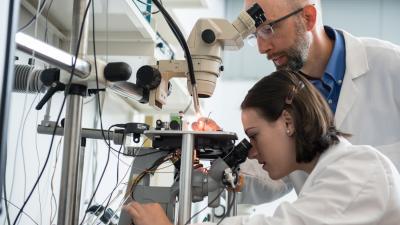
RPI Biology Professor Doug Swank, Ph.D., was recently awarded the prestigious Marion J. Siegman Lectureship Award from the American Physiological Society. The award recognizes researchers who have made outstanding contributions to the understanding of muscle contraction and motility.

Nina Christof knew from a young age that she wanted to be an Olympian. To get there, she had to work hard and give it her all, but she also had to learn when to pause and take care of herself.
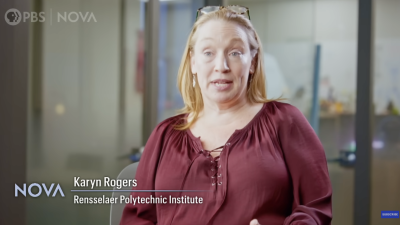
RPI Professor Karyn Rogers, director of the Rensselaer Astrobiology Research and Education Center, and graduate student Meri Herrero Perez are among the feature interviewees in the new PBS NOVA documentary Asteroids: Spark of Life?
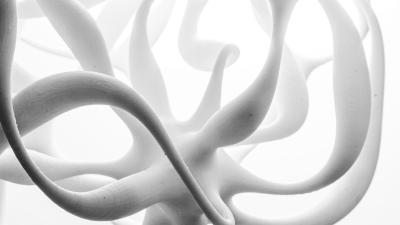
For more than a century, scientists have wondered why physical structures like blood vessels, neurons, tree branches, and other biological networks look the way they do. The prevailing theory held that nature simply builds these systems as efficiently as possible, minimizing the amount of material needed. But in the past, when researchers tested these networks against traditional mathematical optimization theories, the predictions consistently fell short.
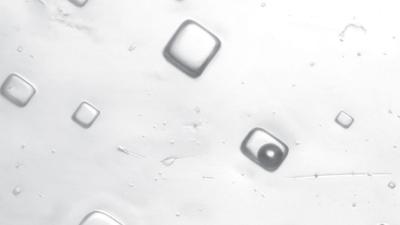
More than a billion years ago, in a shallow basin across what is now northern Ontario, a subtropical lake much like modern-day Death Valley evaporated under the sun’s gentle heat, leaving behind crystals of halite — rock salt.It was a very different world than the one we know today. Bacteria were the dominant form of life. Red algae had only just appeared on the evolutionary scene. Complex multicellular life like animals and plants wouldn’t show up for another 800 million years.

The School of Science at Rensselaer Polytechnic Institute (RPI) has launched a new minor in quantum computing, positioning students at the forefront of one of the most rapidly developing fields in technology.

When you're running up stairs or out on a jog, your muscles eventually start to feel heavy and weak. That's fatigue setting in, a sign that the muscles’ energy reserves are becoming depleted. But a team of researchers led by Rensselaer Polytechnic Institute (RPI) biology professor Doug Swank, Ph.D., have discovered something surprising: certain muscle fibers have a built-in backup system that fights back against fatigue, potentially helping us keep going when we'd otherwise have to stop.

A new study from RPI and NASA reveals that a radically different telescope design could accelerate the search for potentially habitable worlds beyond our solar system.
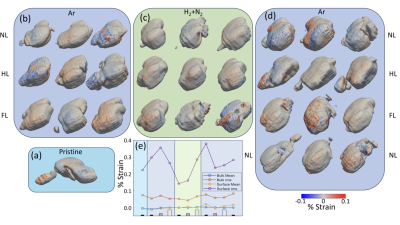
Researchers at RPI’s schools of science and engineering are exploring new ways to manipulate matter with light to unlock a new generation of computer chips, photovoltaic cells and other advanced materials.
